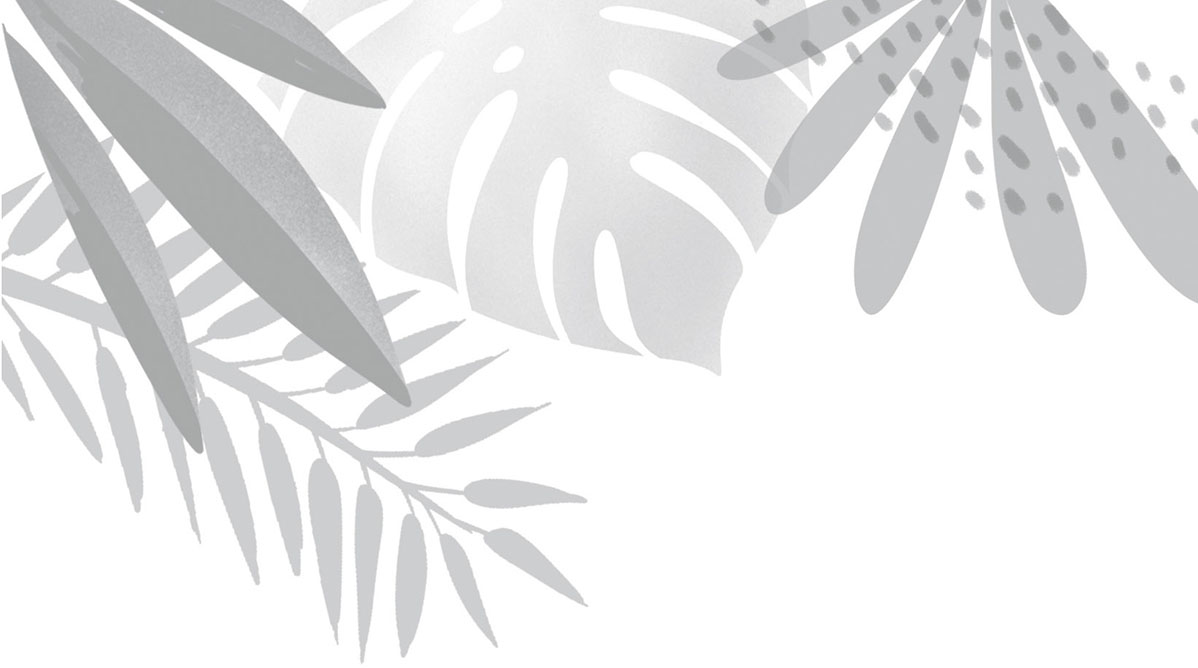
After that it’s just the main squad—Mom and Pop, Afton, Ada, and Abby—although now there’s a sense that we’ve been through something and survived it (if only barely), and we shouldn’t take our family for granted again. We do a lot of talking that week, about what transpired and what we can learn from it—i.e., what we should never do again. And Mom and Pop go off together, to discuss how things really are between them, and how they can make them better. Starting with Mom working less. And Pop maybe moving to the day shift so they’ll have more time to be together.
Then there is Kauai, which is as relaxing and low-key as the Big Island had been fiery and upscale. There’s our hotel right on the beach where roosters crow us awake every morning and huge snails slowly cross the grass. There are golden sand beaches, and Abby chasing sand crabs as the tide goes out.
We ride in a helicopter over the island, and we ride bicycles along the coast with the wind whipping us. We fill our stomachs with acai bowls and seafood and shaved ice that tastes of coconuts and cream. We buy a chopping board made of koa wood for Pop, a crap ton of Kona coffee for Mom, a bright yellow sarong for Afton, and a ukulele for Abby and me to share. And through all of that, we talk. We stitch ourselves back together, so that by the time the week is over, we feel like a solid unit again.
We don’t fix everything. But we make a start at it.
The last day in Hawaii, a baby seal appears on the beach a few steps from our hotel room door. A man in a uniform shows up and puts caution tape and warning signs around the area, to keep tourists from “helping” the baby seal by pouring water on it or covering it with towels, trying to feed it, or dragging it back into the water.
Because humans are dumb.
Abby is, naturally, distressed. “But where is its mama?” she asks the man. “Why did she leave her baby?”
“Her baby got too tired to swim, so the mother seal brought it here, up to the beach, to rest. The mother will swim around and get some food and then return to pick her baby up later. The beach is kind of like baby seal daycare.”
Abby bites her lip. “But what if the mother gets lost and doesn’t come back?”
“The mother always comes back,” the man says. “She remembers exactly where she left her baby. Trust me. They’ll find each other again.”
Afton snorts and rolls her eyes. She’s irritable today—she forgot to put on sunscreen before our bike ride yesterday and now her skin is the approximate color of a ripe tomato.
“Come on, let’s get some more aloe on you.” Mom lifts Abby into her arms. “And let’s get you a snack, bug. Ada, do you need anything?”
“I’m good.”
They start back toward the room. Pop and I stay on the beach, listening to waves crash into the sand and watching the seal pup—from a safe distance, of course.
“It doesn’t even look like it’s breathing,” I say.
The man from the park service stakes a final Don’t touch! sign into the sand and stands up. “Seals can hold their breath. In the water they only come up to breathe about every three minutes.”
“Oh. Cool. Well, it looks . . . dead,” I observe.
The man sighs. “That’s why people are always trying to help them. They think there’s something wrong, so they try to intervene, when the best thing for everyone is to leave it alone.”
Pop looks over at me with knowing eyes. “There’s a metaphor in there somewhere,” he says.